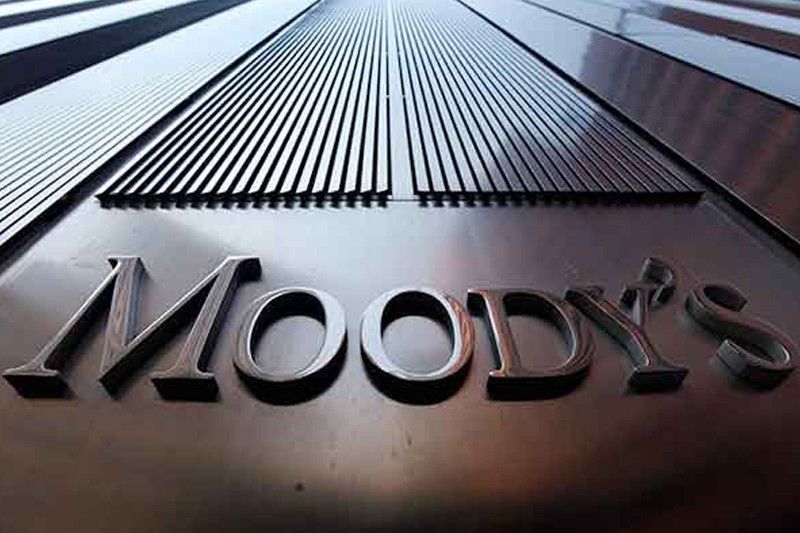Digital currencies compound disruption for banks – Moody’s

MANILA, Philippines — The plan of central banks across the world to create digital currencies could have profound consequences for global banks, according to Moody’s Investors Service.
In a report, Moody’s said the accelerating trend toward digital payments amid the COVID-19 pandemic is considered by many central banks to be a long-term threat, both to the physical cash they supply today and the broader role they play in providing a country’s currency.
“Central banks occupy a unique position in that they have a government-granted monopoly on the creation of a universally accepted means of risk-free payment. This privilege is unlikely to be displaced suddenly, which should give them time to consider different options,” Moody’s said.
It said the advent of stable coins such as Libra and the rapid advance of new payment providers on a national or global scale has propelled central banks to consider central bank digital currencies (CBDCs) more urgently as a defensive strategy.
“If they do not adapt, then customer behavior may change anyway and undermine their role. However, if they adapt too fast, they may create a different kind of disruption to the financial system by undermining the role of the commercial bank. In either case, the ability of sovereign governments and their central banks to steer the economic policy mix would be affected,” Moody’s said.
CBDCs are designed to be equivalent in value to a nation’s paper currency and subject to the same government-backed guarantees. In addition to printing money, central banks can issue CBDCs as a digital representation of a country’s fiat currency.
In the Philippines, the Bangko Sentral ng Pilipinas (BSP) is exploring the creation of its own digital currency amid the sharp growth in online transactions amid the pandemic.
BSP Governor Benjamin Diokno has earlier tasked a technical working group to study the feasibility and policy implications of issuing its own digital currency.
Vicente de Villa III, managing director of the BSP”s Financial Technology Subsector, said Philippine monetary authorities are in the same track as others in the region when it comes to evaluating the viability of CBDCs.
“We have a study that is ongoing, whether or not CBDC is something that the BSP should be embarking on similarly with other monetary or regulatory authorities that have gone through the same process,” de Villa said.
Moody’s warned that retail and business customers would likely welcome the ease of risk-free payment offered by a CBDC and favor them ahead of cash reserves at a commercial bank.
“This would result in a significant loss of resources for commercial banks, given that banks’ primary source of funding is deposits,” it said.
It added banks could compensate for this by a combination of offering interest rates above that of the central bank, attracting funds by offering superior technology or other services, and turning to capital markets to replace the lost funding.
“These could increase funding costs, raise liquidity requirements, increase operating costs, or leave them more confidence-sensitive. In principle, these costs could be passed on to customers but the transition would nevertheless require a difficult adjustment,” Moody’s said.
Likewise, the debt watcher said central banks would find themselves with far larger balance sheets and may need to redeploy this funding back into financial markets like funding certain bank assets such as covered bonds
“Given the magnitude of these challenges, we believe it is unlikely that the direct CBDC model will be favored by central banks, not least because in many cases the same bodies have statutory responsibility for financial stability which could conceivably be threatened by a hasty adoption of this model,” it said.
- Latest
- Trending



























